Raising Eco-Conscious Kids in Mableton: How Georgia’s First 100% Solar School Leads the Way
In the heart of Mableton, Georgia, a quiet revolution is taking place in early childhood education. As climate change and environmental sustainability become increasingly important topics for families across Cobb County, parents are seeking educational programs that not only prepare their children academically but also nurture environmental consciousness from an early age.
The SAE School has emerged as a pioneer in this movement, becoming Georgia’s first 100% solar-powered preschool and setting a new standard for sustainable education in the Atlanta metro area.
Why Environmental Education Matters for Georgia Families
Georgia’s diverse ecosystems, from the Appalachian Mountains to the Atlantic Coast, provide countless opportunities for environmental learning. However, urbanization and climate change pose growing challenges to our state’s natural resources. Teaching children about sustainability and environmental stewardship from a young age isn’t just about protecting our planet—it’s about preparing the next generation to be thoughtful, responsible citizens of Georgia and the world.
Research consistently shows that children who engage in environmental education demonstrate improved critical thinking skills, enhanced creativity, and stronger connections to their local communities. For families in Mableton and throughout Cobb County, choosing an eco-conscious preschool means investing in both their child’s development and their community’s future.
The SAE School’s Solar Achievement Milestone
The SAE School’s transition to 100% solar power represents more than just an environmental achievement—it’s a living classroom that transforms every day into a learning opportunity. The solar panels installed on the school’s roof generate clean energy that powers everything from classroom lighting to the aquaponics systems, demonstrating renewable energy principles in action.
Children at The SAE School don’t just learn about solar energy; they experience it firsthand. Teachers incorporate the solar system into daily lessons, helping preschoolers understand concepts like energy conservation, weather patterns, and the sun’s role in sustaining life. This hands-on approach makes complex environmental concepts accessible and engaging for young minds.
How Young Children Learn About Sustainability
Preschoolers are naturally curious about their environment, making them ideal candidates for environmental education. At The SAE School, sustainability concepts are woven throughout the curriculum rather than treated as separate subjects. This integrated approach helps children develop environmental awareness as naturally as they develop language and social skills.
Daily activities might include sorting recyclables during clean-up time, observing weather patterns during morning circle, or caring for classroom plants. These seemingly simple activities build foundational understanding of waste reduction, natural cycles, and the interconnectedness of living systems.
The school’s outdoor learning spaces feature native Georgia plants, providing opportunities for children to explore local ecosystems and understand the importance of biodiversity. Students learn to identify common Georgia trees, flowers, and wildlife, developing a sense of place and connection to their natural surroundings.
Aquaponics Program and Hands-On Environmental Learning
One of The SAE School’s most innovative features is its aquaponics program, where children learn about sustainable food systems through direct participation. The aquaponics system combines fish farming with hydroponic plant cultivation, creating a closed-loop ecosystem that demonstrates natural nutrient cycles.
Students help feed the fish, monitor water quality, and harvest vegetables grown in the system. This hands-on experience teaches valuable lessons about food production, water conservation, and the importance of healthy ecosystems. Children develop an understanding of where food comes from and appreciate the work involved in growing nutritious meals.
The program also incorporates cooking activities where students prepare meals using vegetables from their aquaponics garden. This farm-to-table experience helps children develop healthy eating habits while understanding the connection between environmental stewardship and personal health.
Community Partnerships: Learning with the Southface Institute
The SAE School’s partnership with the Southface Institute, a leading Atlanta-based environmental organization, brings expert knowledge and additional resources to the program. Southface educators visit the school regularly, providing specialized programming on topics like renewable energy, green building practices, and sustainable living.
These partnerships extend learning beyond the classroom and connect families with the broader environmental community in Georgia. Parents receive resources and information about sustainable practices they can implement at home, creating continuity between school and family environmental values.

